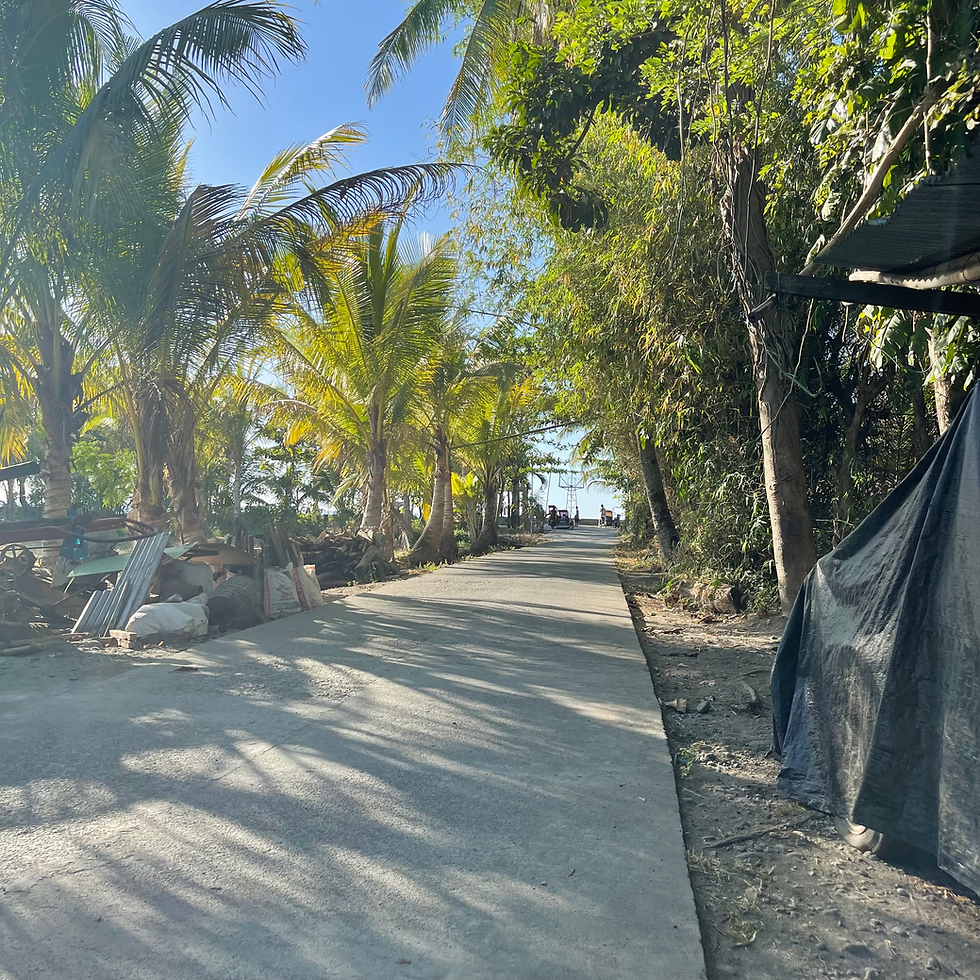論文の裏側/Behind the Paper
- Taishi Yazawa
- 2025年8月7日
- 読了時間: 3分
昨年,Journal of Water & Healthに“How does the citizens' choice of water use actions based on their empirical knowledge affect the water quality in a rural community of the Philippines? ”(https://doi.org/10.2166/wh.2024.177)という論文が掲載されました。
表向きの研究目的は,地域住民の経験的な水の使い方は水質に影響を与えているのではないか,ということを検証することでした。論文上では決して多くはないサンプル数で議論を進めておりまだまだ改善の余地がありますが,この1本の論文の裏側には多くの人たちの協力と優しさで溢れているところが何よりの成果です。
まず,サンプル数が少ないのは,コミュニティ内の家庭の一軒一軒を順番に周り,お家にお邪魔し,家主やご家族としっかりとコミュニケーションをしながらサンプリングを進めているためです。水道水,飲み水,井戸水が主な対象ですが,普段から水質が気になっている住民の皆さんから,この水も測って欲しい,この水も,というリクエストを受けることもあります。どのように水を使ったら良いのか議論をすることもあれば,採水した場所の清掃を手伝うこともあります。ご家庭の子供たちと遊ぶこともあります。
こうして一軒一軒,一人一人と向き合いながらサンプリングを行うことを心がけて研究を進めています。もしかしたら,もっと効率的にサンプリングを行い,もっと高度な分析を行えば,高インパクト論文を書くこともできるかもしれません。ただ,我々のグループでは社会性,コミュニケーション力といった研究力以外の部分も大切にしていきたいと考えています。
今年度は,リサーチアシスタントの渡辺さんが先陣を切ってカンボジアでの水質調査をしてきてくれました。夏休みが終わったら,チーム一丸となってフィールド調査に出る予定です。興味がある方は,ぜひご参加ください。
(AI-translated)
Last year, our paper titled“How does the citizens' choice of water use actions based on their empirical knowledge affect the water quality in a rural community of the Philippines?”(Journal of Water & Health)was published.
The official research objective was to examine whether the way local residents use water—based on their empirical knowledge—has any impact on water quality. While the paper discusses this topic based on a relatively small sample size (which leaves room for improvement), the process behind this publication was filled with the cooperation and kindness of many people. That, in itself, is our most valuable achievement.
The limited number of samples is due to our approach: visiting each household one by one in the community, entering their homes, and taking samples while engaging in proper communication with the homeowners and their families. We mainly focused on tap water, drinking water, and well water. However, many residents, already concerned about water quality in their daily lives, often requested, "Can you test this water too?" or "How about this one?"
Sometimes we’d have discussions about how to use water safely. Sometimes, we helped clean the areas where we sampled. And sometimes we simply played with the children of the household.
This kind of research—where we face each individual and household with sincerity—is at the heart of our fieldwork. Of course, it’s possible that with a more efficient sampling method and more advanced analysis, we could produce a high-impact paper. But our team values not just technical research skills, but also social sensibility and communication as essential research strengths.
This year, our research assistant, Ms. Watanabe, took the lead in conducting a water quality survey in Cambodia. After the summer break, our team will head out into the field together again.
If you’re interested, please feel free to join us.



